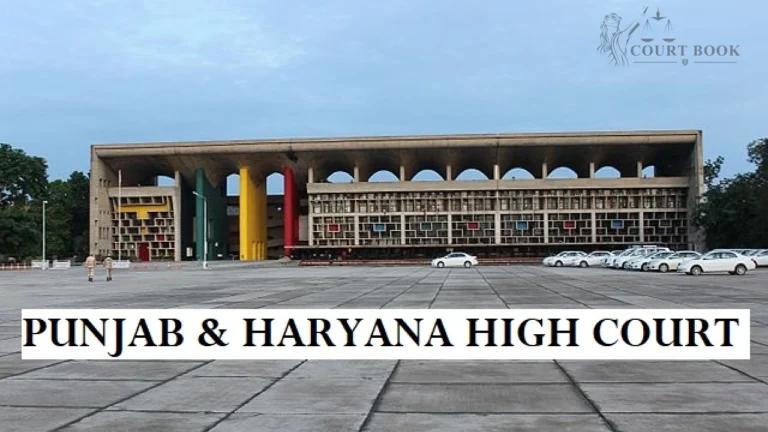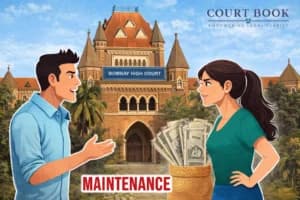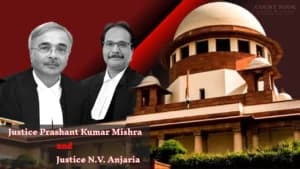In a significant ruling with implications for thousands of Home Guards across Punjab, the Punjab and Haryana High Court on October 9, 2025, directed the State to regularize long-serving Home Guard Gurpal Singh and grant ₹5 lakh compensation to retired volunteer Hardev Singh. Justice Jagmohan Bansal observed that the State could not continue to exploit workers under the label of 'volunteers' when they had been serving full-time for decades.
"The respondent cannot deny benefit of regularization merely on the ground that they are volunteers," the Court said, noting that both petitioners had worked without interruption for nearly three decades.
Background
The petitioners, Hardev Singh and Gurpal Singh, had approached the High Court seeking regularization of their services. Hardev Singh, belonging to a backward class, was appointed as a Home Guard driver in 1992 after passing recruitment tests, medical examination, and character verification. His salary at the time of joining was just ₹40 per month plus ₹20 washing allowance, later revised periodically.
Over time, he was assigned duties as Driver and Gunman, serving continuously till his retirement in June 2025. Gurpal Singh, recruited in 1993, had been working as a Clerk since 2000 and is due to retire in 2030.
Their main argument rested on the Supreme Court's decision in Secretary, State of Karnataka v. Uma Devi (2006), which recognized regularization rights for workers completing over ten years of service. They contended that, unlike occasional Home Guards, they performed year-round full-time duties and were thus entitled to regular employment status.
Court's Observations
The State, represented by Deputy Advocate General Aman Dhir, opposed the plea, claiming that the petitioners were volunteers under the Punjab Home Guards Act, 1947, and not regular employees. The government argued that the Home Guard was a voluntary body meant to assist during emergencies like floods and fires, and its members were free to engage in other occupations.
However, Justice Bansal firmly rejected this reasoning. He remarked that the State was "misusing the concept of voluntary service" to avoid its responsibilities.
"In a country where job scarcity and poverty are writ large, it cannot be assumed that a man would work for decades as a volunteer," he wrote.
The bench referred to a series of Supreme Court rulings - including Nihal Singh v. State of Punjab (2013), Jaggo v. Union of India (2024), and K. Velajagan v. Union of India (2025) - emphasizing that temporary employees cannot be kept ad-hoc forever and that procedural technicalities should not be used to deny long-term workers their rights.
Justice Bansal noted:
"The petitioner worked for remuneration which was titled as honorarium. He had worked as a normal employee though called a volunteer. It would be unjustified if other Class III or IV employees are regularized but Home Guards are denied the same benefit."
He further distinguished the case from Grah Rakshak, Home Guards Welfare Association v. State of H.P. (2015), where the Supreme Court had refused regularization because those Home Guards were called only occasionally. In contrast, the petitioners here had worked full-time throughout the year for over 30 years, a fact the State itself did not dispute.
Decision
After analyzing the facts and precedents, the Court held that Hardev Singh and Gurpal Singh had indeed been serving as full-time workers, not volunteers in the conventional sense. The Court directed:
- ₹5,00,000 compensation to Hardev Singh, acknowledging that he was denied gratuity, pension, and leave encashment despite decades of service.
- Regularization of Gurpal Singh's service, with an order to be passed within six months, failing which he would be deemed regularized automatically.
- The State Government must frame a policy for regularization of similarly placed Home Guards who have been working continuously and full-time for years, to avoid a flood of future petitions.
Justice Bansal concluded with a stern observation:
"The respondent is exploiting citizens of the country in the name of volunteers. This Court cannot close its eyes to such injustice."
With that, the Court allowed both writ petitions and disposed of all pending applications.















